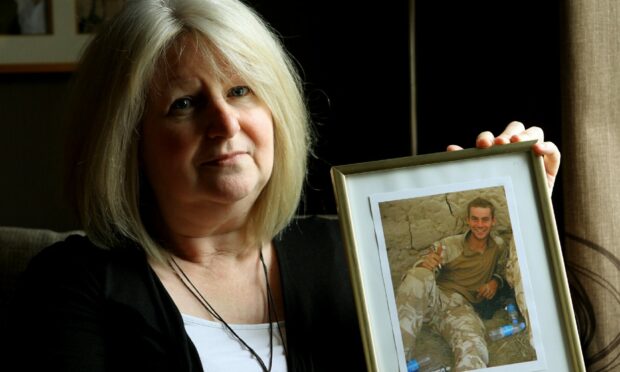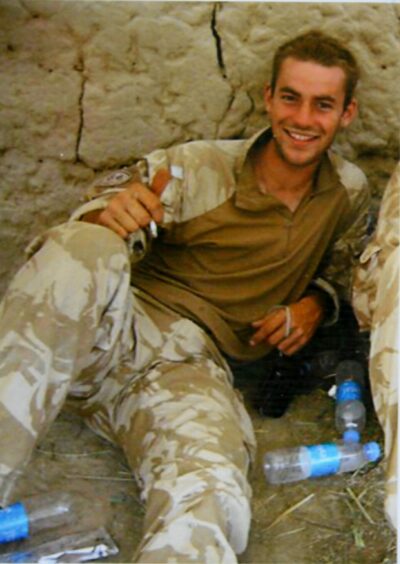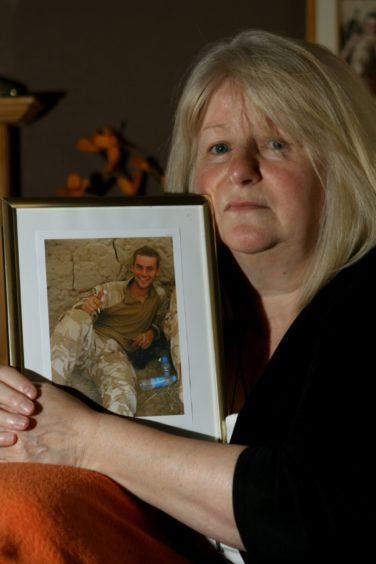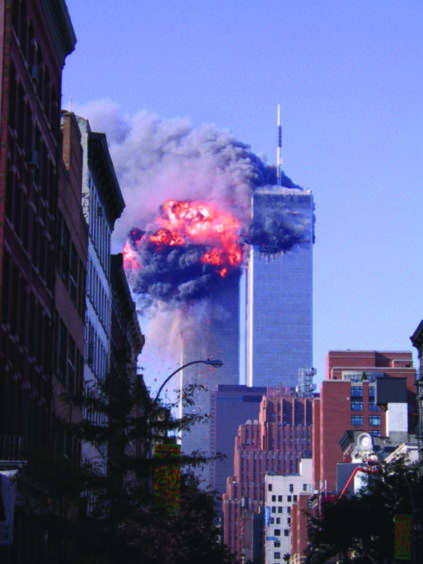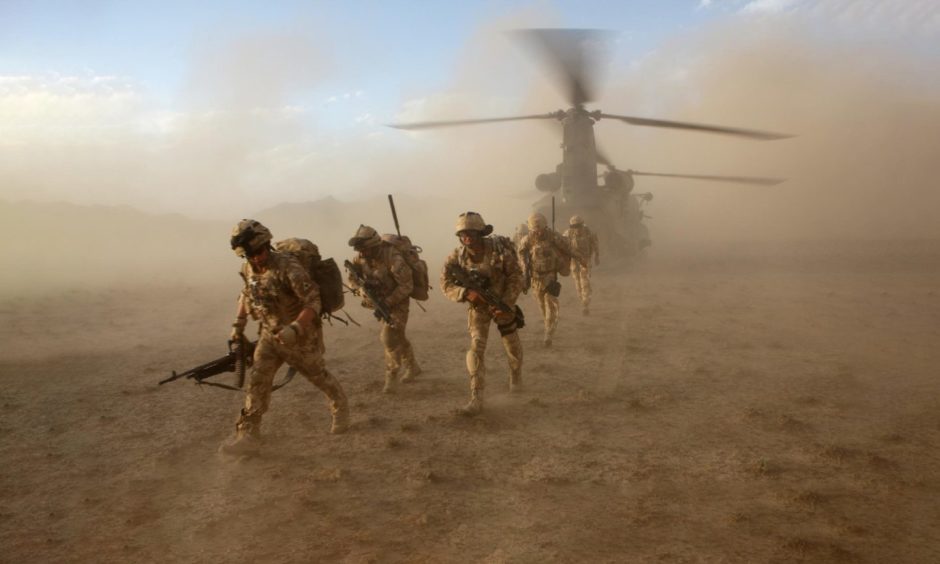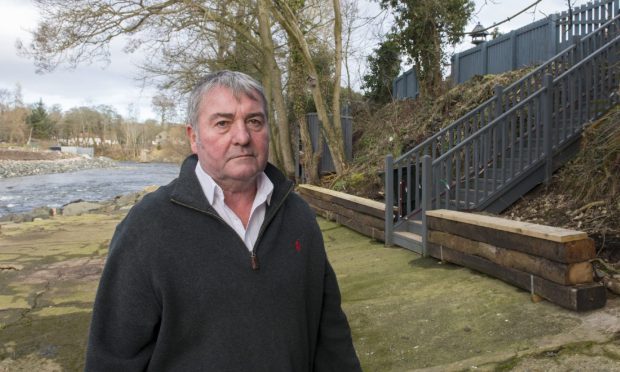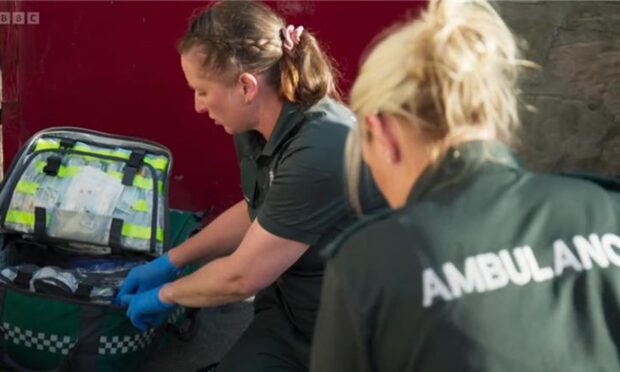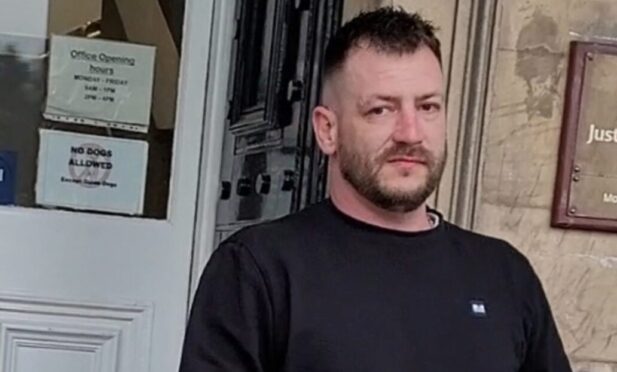The mother of a Perthshire Black Watch soldier who took his own life after returning from combat in Afghanistan has told how she will never take the view that the British Army’s presence there was a waste of time.
June Black, 64, of Blairgowrie, was stricken by grief after the death of her 22-year-old son Aaron in December 2011.
Aaron committed suicide while suffering from post traumatic stress disorder (PTSD).
However, despite the Taliban re-taking control of Afghanistan after the American-led coalition’s recent withdrawal, she holds on to the belief that her son, and his Black Watch colleagues, did their best to help the Afghans and rebuild the country – despite them taking heavy casualties.
“When Aaron was in Afghanistan with Herrick 10 in 2009, he was only 20,” she recalls.
“He was part of ISAF which was the International Security Assistance Force.
“The whole purpose of ISAF was to provide stability and security for reconstruction projects within the country.
“Whether Aaron or not believed he was there for the greater good, to help the Afghan people, I don’t know. I wish he was here to speak to you direct. I can only imagine what he would have thought.
“But he was certainly in Panther’s Claw in June 2009 – one of the largest air assaults the Black Watch were involved in.
“I know that, because there’s photos of Aaron near rivers and stuff, and it was to establish these canal and river crossings all with a view to reconstruct the country.
“But of course they were met with resistance from the Taliban, and they suffered heavy losses.”
Combat stress
Nick-named ‘Blackie’ by his Royal Regiment of Scotland battalion colleagues, Aaron Black – who joined the army at 16 – suffered from combat stress and struggled to fit back into civilian life after leaving the forces.
Seven months after his army discharge, and haunted by memories of Afghanistan and the deaths of soldier friends, Aaron surrounded himself with treasured photographs, his army medals and a crucifix and sent a last ‘Goodbye’ text message to his mum before taking his own life.
June admits she says “sorry” to her son every day for not being able to do more to help him with his PTSD.
She says everything “feels magnified” as the 10th anniversary of his death approaches.
However, with the 20th anniversary of the 9/11 terrorist attacks also upon us which led to the War on Terror and the presence of the Black Watch in Afghanistan, she doesn’t really think of there being a connection between 9/11 and her son’s experiences.
9/11
“I remember where I was watching 9/11,” she says.
“Aaron would have been 12, but I remember my son John, who was four-ish, didn’t go to nursery for some reason that day.
“I was watching the telly, watching 9/11 unfold, and like everyone else couldn’t believe what I was seeing.
“I know that troops originally went into Afghanistan to look for Al Qaeda and Bin Laden.
“But I didn’t think of Aaron being in Afghanistan because of 9/11.
“Aaron chose to join the army and it just so happened that on his tour, he was part of this international security force to help rebuild Afghanistan.
“The high up Black Watch military might say they were there to get al Qaeda because of 9/11. But in my head 9/11 had been done and dusted and he was there for a positive reason. It wasn’t his fault the Taliban wouldn’t let them take on a peaceful role.”
*In The Courier’s Weekend magazine of September 11, we look back at the legacy of the 9/11 terrorist attacks while a Black Watch veteran who served in Afghanistan recalls his experiences of the conflict.
